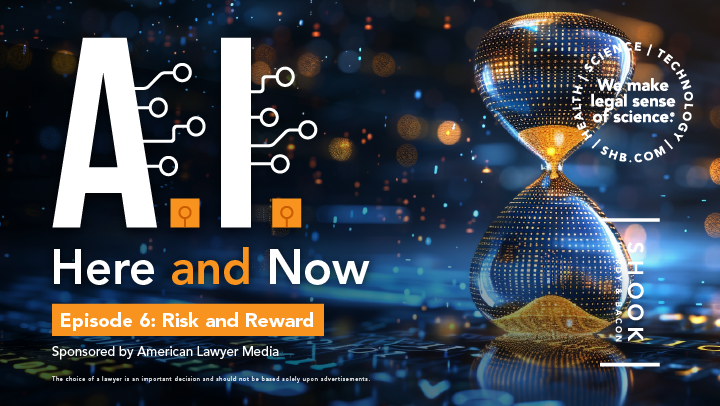Driverless Cars and Liability: A Podcast on Legal Questions Around Autonomous Vehicles
Autonomous vehicles have been in the news a lot lately. Tesla Motors was just hit with a class action lawsuit alleging that its autopilot technology…
April 21, 2017 at 10:25 AM
2 minute read
 Nissan autonomous car prototype (using a Nissan Leaf electric car) exhibited at the Geneva Motor Show 2014. (Photo: Norbert Aepli, Switzerland Wikimedia)
Nissan autonomous car prototype (using a Nissan Leaf electric car) exhibited at the Geneva Motor Show 2014. (Photo: Norbert Aepli, Switzerland Wikimedia)
Autonomous vehicles have been in the news a lot lately. Tesla Motors was just hit with a class action lawsuit alleging that its autopilot technology puts drivers in danger when engaged. And in March, the California Department of Motor Vehicles released proposed regulations for fully autonomous vehicles—the kind that wouldn't have a driver at all. It was a move that left a lot of people thinking that the future of transportation is getting here a lot faster than we thought.
But with all this advanced technology, is the law ready to deal with who should be held liable when there's a crash? In this podcast, we hear from insurance litigator Dennis Cusack of Farella Braun + Martel, Ford Motor Co. in-house counsel Emily Frascaroli, and Baker McKenzie's Lothar Determann, who has written about the “open” driverless car. If there's one takeaway, it's that things are about to get complicated for automakers.
“I think the presumption we're going to have out the outset is that, if there is an accident with a fully autonomous car, the car and the manufacturer, are going to be at fault,” Cusack said.
Listen to the full podcast here.
NOT FOR REPRINT
© 2024 ALM Global, LLC, All Rights Reserved. Request academic re-use from www.copyright.com. All other uses, submit a request to [email protected]. For more information visit Asset & Logo Licensing.
You Might Like
View All
The Narrow Path Back From Disbarment: 'You Have to Really Want to Be a Lawyer Again'
5 minute read
New Jersey Law Journal Names Mike Zogby Office Managing Partner of the Year
2 minute readTrending Stories
- 1DOJ Asks 5th Circuit to Publish Opinion Upholding Gun Ban for Felon
- 2GEO Group Sued Over 2 Wrongful Deaths
- 3Revenue Up at Homegrown Texas Firms Through Q3, Though Demand Slipped Slightly
- 4Warner Bros. Accused of Misleading Investors on NBA Talks
- 5FTC Settles With Security Firm Over AI Claims Under Agency's Compliance Program
Featured Firms
Law Offices of Gary Martin Hays & Associates, P.C.
(470) 294-1674
Law Offices of Mark E. Salomone
(857) 444-6468
Smith & Hassler
(713) 739-1250









